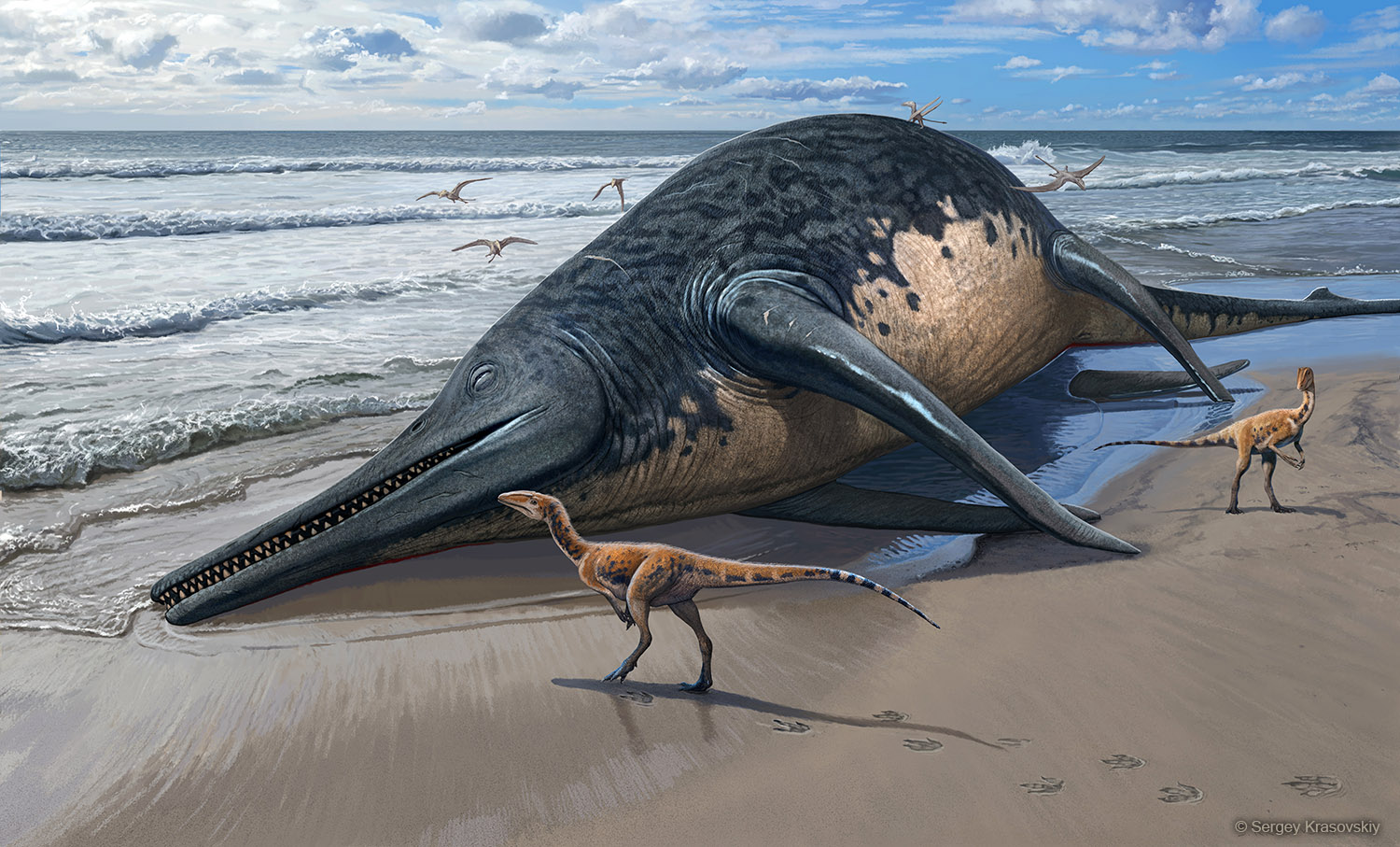-
Are there negatives to taking shroomies for the gloomys?
JAMA Network Open
Researchers from the US, investigating the effect of psilocybin in the treatment of depression and anxiety, say that the mushroom-derived compound can cause a few adverse side effects, but are tolerable overall. The team analysed six previous Read more about Are there negatives to taking shroomies for the gloomys?
InternationalUniversity of Georgia, USA -
A new drug helps prevent severe flu symptoms in mice
Nature
A new drug has been found to help reduce lung damage and increase survival rates in mice infected with influenza A. Severe influenza A infection can cause severe inflammation, lung injury and acute respiratory distress syndrome, for which there are Read more about A new drug helps prevent severe flu symptoms in mice
InternationalFox Chase Cancer Center, USA, Tufts University School of Medicine, USA -
Greenspace could be great for mental health in early childhood
JAMA Network Open
Living near greenspaces could help reduce the risk of early anxiety and depression in early childhood, according to international researchers. The team looked at data from 2,103 kids across the US and found that living near more greenspaces was Read more about Greenspace could be great for mental health in early childhood
InternationalUniversity of North Carolina at Chapel Hill, USA -
Are gaming and computer use causing psychotic episodes in our kids?
JAMA Psychiatry
Canadian researchers checking up on the TV, computer, and video game use of kids during their teenage years suggest a potential link to psychotic experiences. The researchers say teens who played video games a lot and those who increased and then Read more about Are gaming and computer use causing psychotic episodes in our kids?
InternationalMcGill University, Canada -
An immune cell in the lung may be an unexpected trigger for developing severe COVID-19
Journal of Experimental Medicine
A type of immune cell known as an interstitial macrophage, may be involved in the development of severe COVID-19, according to US research. Interstitial macrophages are found deep in the lungs and are part of the body's way of protecting itself Read more about An immune cell in the lung may be an unexpected trigger for developing severe COVID-19
InternationalStanford University, USA -
New approach needed to save Australia’s non-perennial rivers
Journal of Hydrology
Non-perennial rivers, which stop flowing at some point each year, dominate surface water movement across Australia, yet monitoring the continued health of these vital waterways demands a new type of research attention. Non-perennial rivers, which Read more about New approach needed to save Australia’s non-perennial rivers
Australia; New Zealand; NSW; VIC; QLD; SA; WA; NTFlinders University|Edith Cowan University|Monash University... -
UK and NZ EXPERT REACTION: Is it time to revisit guidelines for young people's gender-affirming care?
Archives of Disease in Childhood
Scientific evidence on the use of puberty blockers and hormones for children and young people experiencing gender-related distress is lacking, according to a series of reviews on treatments and international guidelines, and an editorial. The series Read more about UK and NZ EXPERT REACTION: Is it time to revisit guidelines for young people's gender-affirming care?
Australia; New Zealand; InternationalUniversity of York, UK -
Working on your hip strength could help prevent falls in older age
PLOS ONE
Improving your hip abductor strength and hip flexor power could help prevent falls in older age, according to a study by international and Australian authors that looked at how strength in specific leg muscles impacts fall risk. In a group of 94 Read more about Working on your hip strength could help prevent falls in older age
Australia; International; NSWThe University of New South Wales|Universidade de Brasília, Brazil -
EXPERT REACTION: Prof Peter Higgs, who proposed the 'God particle', has died aged 94
Professor Peter Higgs, the Nobel prize-winning physicist who proposed the existence of the Higgs boson - also known as the 'God particle' - has died, aged 94. The existence of the Higgs boson was confirmed by the Large Hadron Collider in 2012. Prof Read more about EXPERT REACTION: Prof Peter Higgs, who proposed the 'God particle', has died aged 94
Australia; VIC; SAAustralian Science Media Centre -
Intense experiences while practising mindfulness can be similar to psychosis
PLOS ONE
Intense experiences may be frequent for those regularly practising mindfulness, and some of these experiences can be negative or potentially psychosis-like, according to a small study from Australian and international researchers. The team collected Read more about Intense experiences while practising mindfulness can be similar to psychosis
Australia; International; VICThe University of Melbourne|University of Cambridge, UK, Karolinska Institutet, Sweden










































